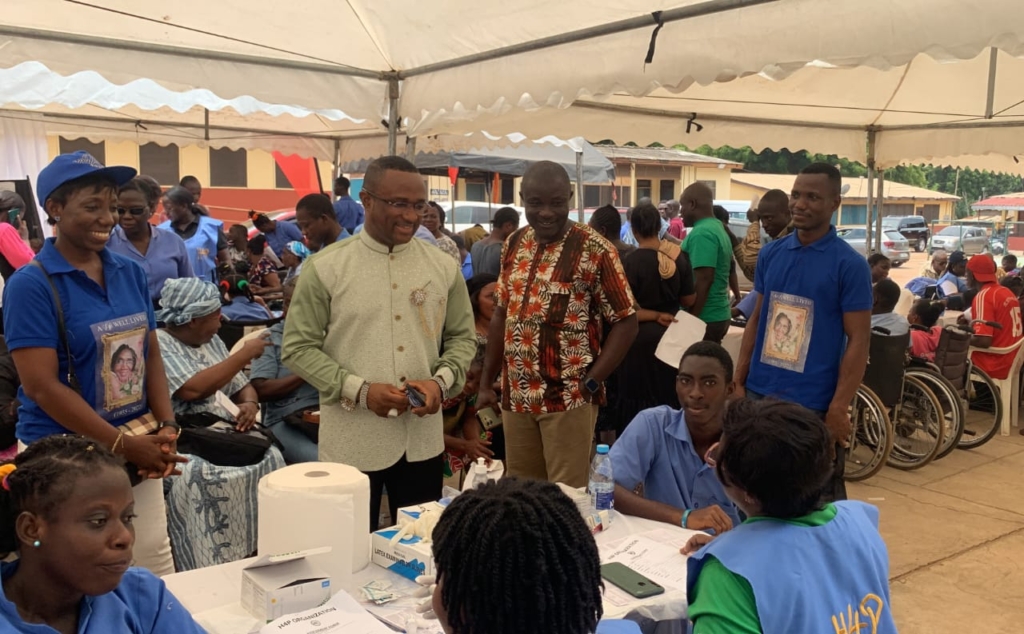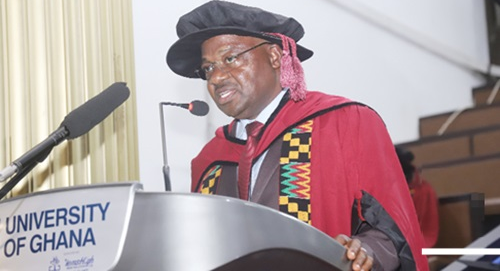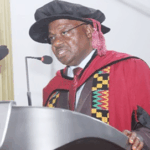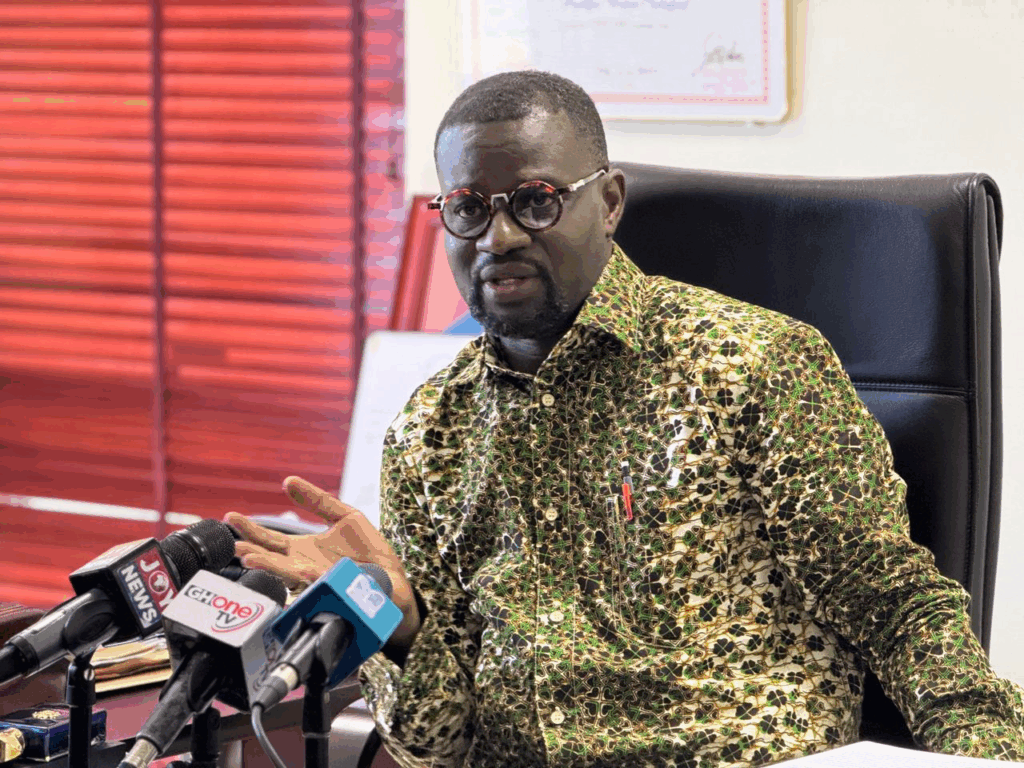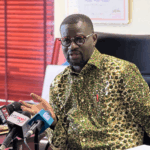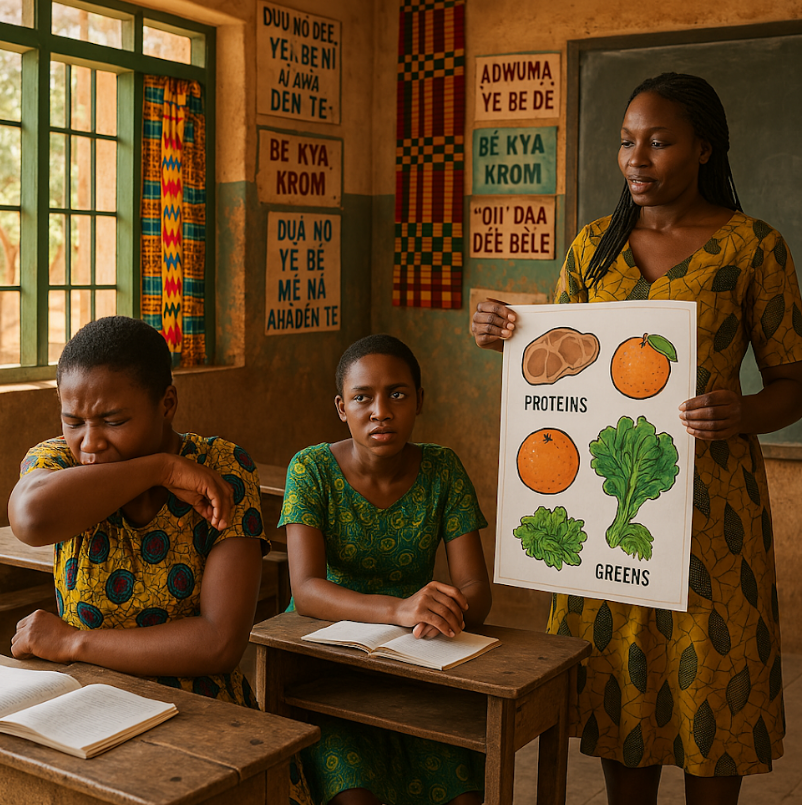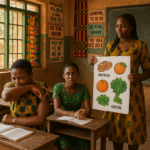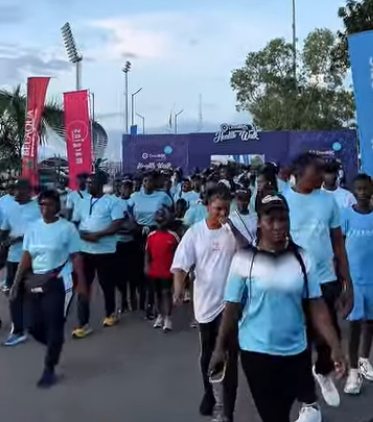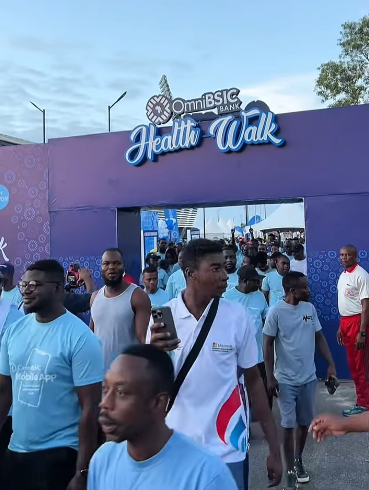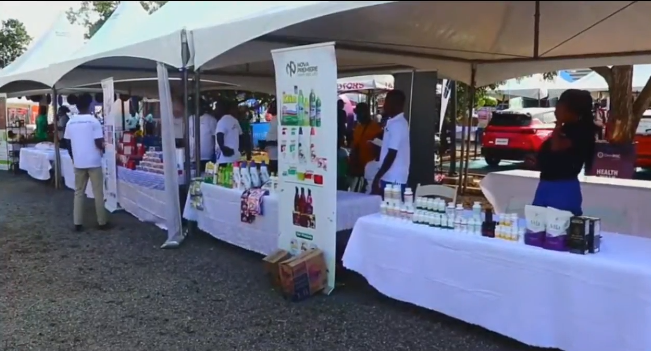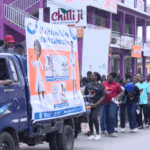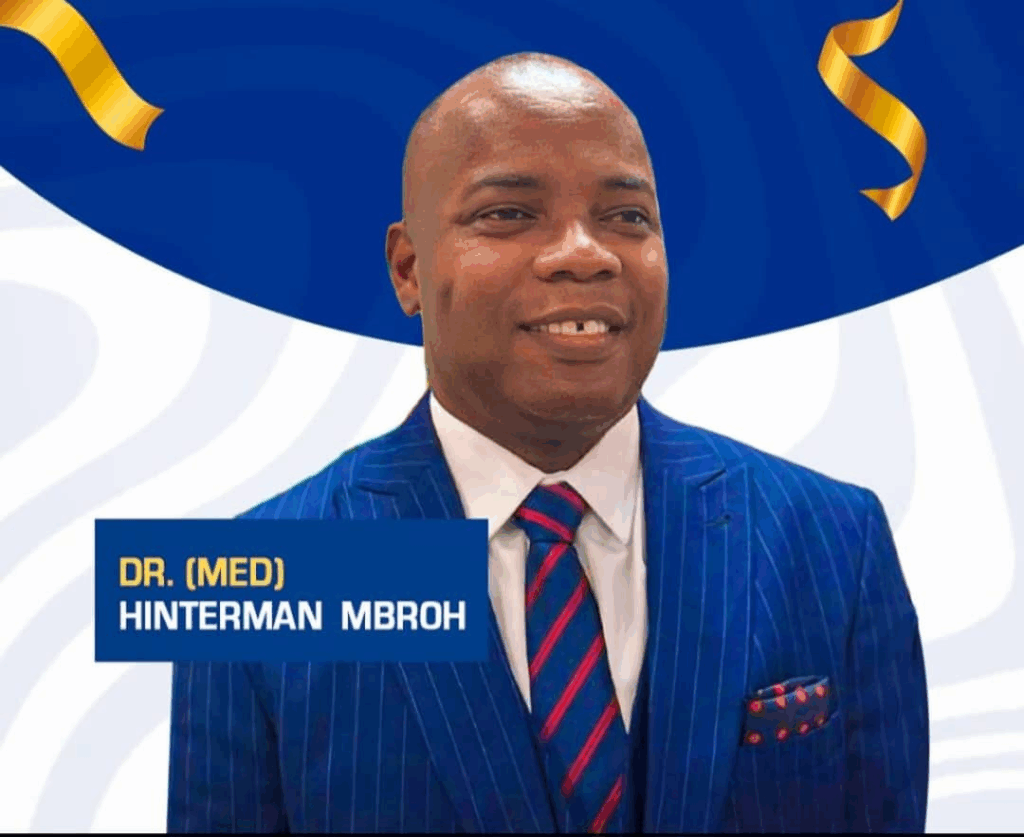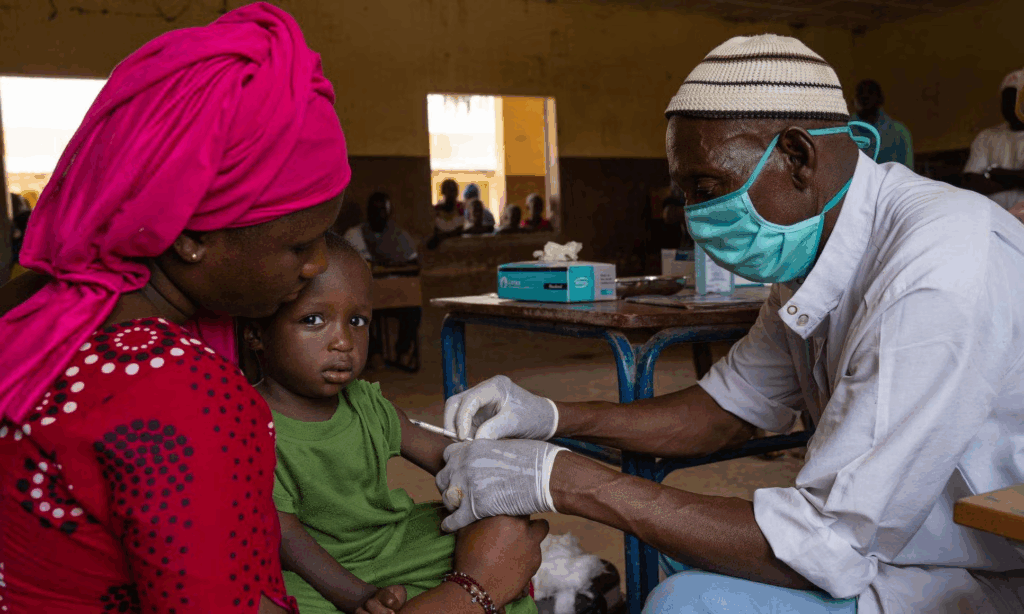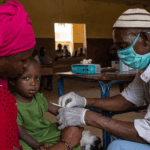H4P Organization champions inclusive healthcare for PWDs at Accra Rehabilitation Centre
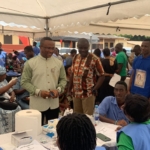
The H4P (Here for Perfection) Organization has reaffirmed its commitment to promoting inclusive healthcare for Persons with Disabilities (PWDs) through the sixth edition of its Celebration of Love initiative, held on Tuesday, June 25, at the Accra Rehabilitation Centre.
The event brought together over 300 students, staff, teachers, and members of various disability groups, who benefited from free medical screenings, including general health checks, eye screening, ENT and dental care. The outreach also featured the distribution of food items, toiletries, and sanitation products, with every attendee receiving a personal gift.
Founded in memory of the late Mrs. Christina Anansewa Hackman, mother of H4P CEO Bishop Dr. Charles Cofie Hackman, Celebration of Love has, since 2023, served more than 2,000 PWDs across multiple institutions.

Speaking at the event, Bishop Hackman emphasized the need to ensure equitable access to healthcare for PWDs, highlighting the many challenges they face within Ghana’s healthcare system.
“The strength of every nation is measured by how it takes care of its vulnerable. I believe Ghana is a great nation and the people of Ghana are great and so to prove this, we must take care of the vulnerable by being nice and sociable to Persons with Disability (PWDs),” he stated.
He noted that PWDs often encounter barriers such as physical inaccessibility, financial constraints, and communication challenges, particularly among the hearing-impaired.

“This initiative is our compassionate response to these challenges. We bring high-quality healthcare directly to the communities that need them most,” Bishop Hackman added.
Bishop Hackman also credited the success of the initiative to H4P’s strong partnerships with public and private healthcare institutions, which he said ensure proper diagnosis, treatment, and referral of beneficiaries to the appropriate facilities.
The event drew support from several prominent figures in the disability sector, including Madam Rita Kusi Kyeremaa, Executive Director of the Ghana Federation of Disability Organizations (GFD), and Dr. Peter Obeng-Asamoa, Executive Director of the Ghana Blind Union.
Also in attendance were groups such as the Ghana Society of the Physically Disabled, Ghana National Association of the Deaf, Voice of Women and Children with Disabilities, and others.
Notable guests included Mr. Elvis Kosi Alipui, a past winner of the C.H.I.L Awards in the Sports & Entertainment category, who praised H4P for its commitment to restoring dignity to persons with disabilities.
“H4P is ensuring that people with disabilities are not excluded from essential healthcare. These inclusive efforts are vital to building a more equitable society,” he said.
Current C.H.I.L Awards recipient, Mr. Raphael Botsyo Nkegbe, and his team also graced the event.
Institutions that have previously benefited from the Celebration of Love initiative include the Tetteh-Ocloo State School for the Deaf, Akropong School for the Blind, Cape Coast School for the Deaf and Blind, With God Cerebral Palsy Centre – Centre of Abilities (Winneba), and Grow with God Cerebral Palsy and Disability Organization (Teshie).
For the past 14 years, the H4P Organization has been a key player in Ghana’s disability advocacy space, promoting empowerment and dignity through initiatives in health, education, media, and entertainment.


